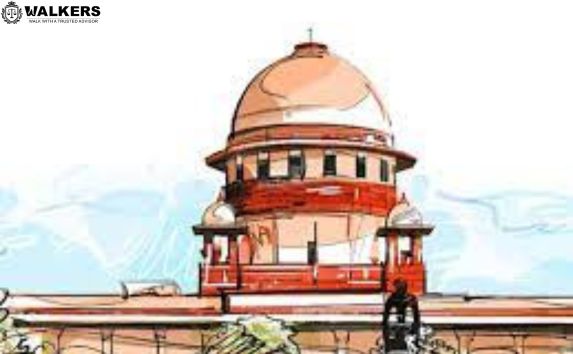


The Supreme Court has criticized the Appellate Tribunal for Electricity (APTEL) for making findings of coercion or fraud without proper pleadings or proof, or without conducting a thorough investigation. The comments were made during a hearing involving Gujarat Urja Vikas Nigam Limited, who appealed against APTEL orders upholding Gujarat Electricity Regulatory Commission's decision to invalidate power purchase agreements with wind power developers. Both the state commission and APTEL accepted the developers' argument that the contracts were unenforceable due to unequal bargaining power and coercion. The Supreme Court overturned the findings and stated that a party must provide evidence to support allegations of coercion or fraud, rather than just making a bald plea.
The Supreme Court expressed its disapproval of the Appellate Tribunal for Electricity's (APTEL) handling of the case, stating that it had simply "rubber stamped" the state commission's findings without proper evidence or detail. Justice Bhat, who wrote the judgement, noted that the state commission had disregarded the salutary rule requiring a party to establish a plea of coercion, and that APTEL had followed suit. He criticized the lack of evidence or specific allegations of coercion against Gujarat Urja, and characterized APTEL's actions as "cavalier".
The Supreme Court found the allegations of coercion to be completely untenable and criticized the Appellate Tribunal for Electricity's (APTEL) casual approach to rendering such findings without proper evidence or reasoning. The bench noted that established companies like the respondents have the support of legal advisers and experts during contract negotiations, making such allegations unlikely. As a judicial tribunal, APTEL is expected to thoroughly investigate and provide proper evidence before making such findings. The court ultimately set aside the findings of coercion and quashed the orders of both APTEL and the state commission, allowing Gujarat Urja's civil appeals to proceed.
Click Here to: Download/View Related File
TAGS: Supreme Court Appellate Tribunal for Electricity coercion fraud pleadings proof probe Gujarat Urja Vikas Nigam Limited power purchase agreements wind power developers Renew Wind Energy state commission unequal bargaining power duress bald plea rubber stamped cavalier legal advisers civil appeals.